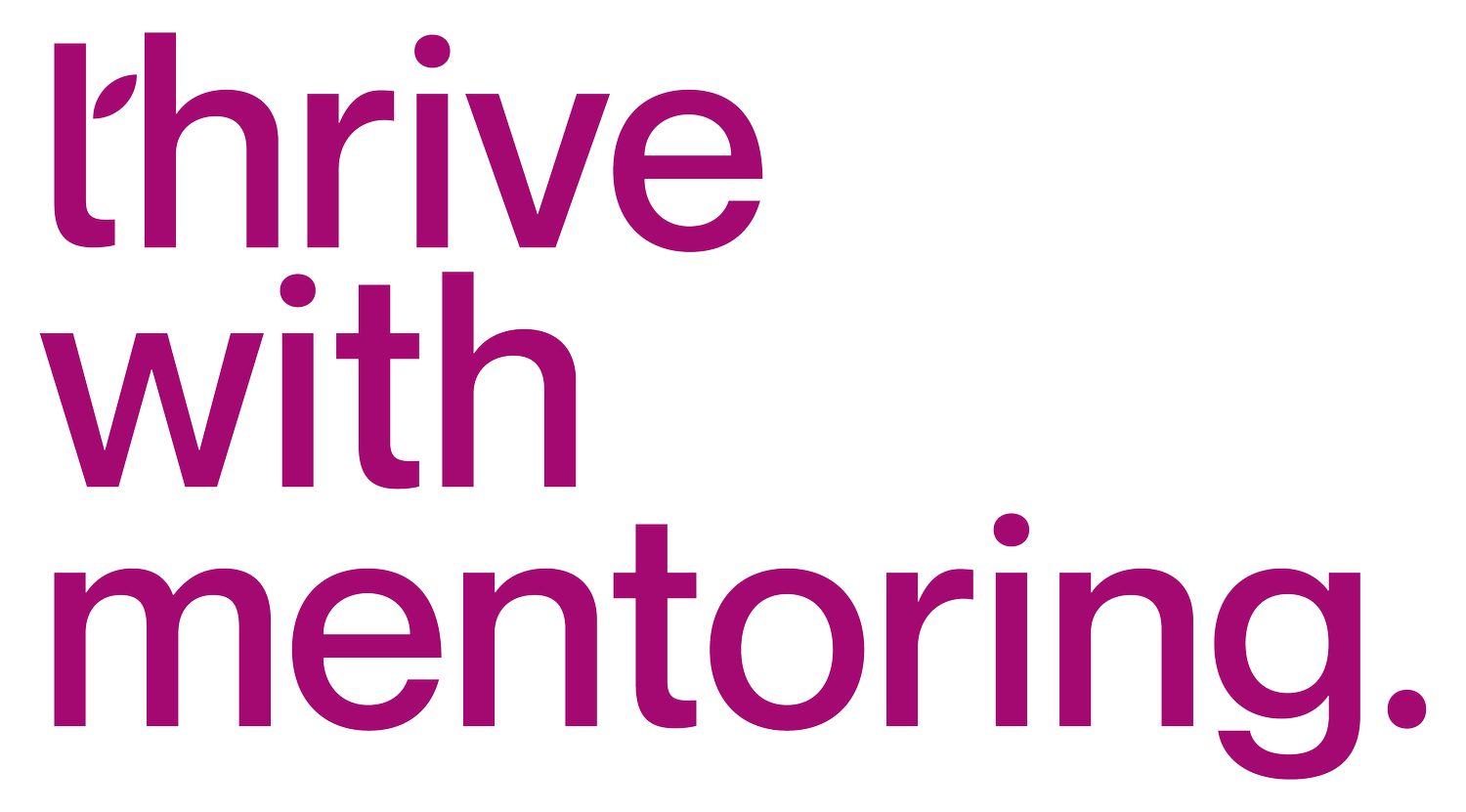Do you think minority leaders need executive coaching more than others?
Byron’s story is by many measures a success story. Born and brought up in rural Oklahoma, he found his way into corporate offices by sheer hard work and steadily climbed the ladder. In doing so, he was able to augment the quality of life of his family and his success encouraged others from his background to follow suit.
At the peak of his career, for a company he had given almost 2 decades of his life - he was being considered for a ‘white’ role. Did I mention - Byron is an African American with origins in Senegal? When Byron was referred to me as a coachee by his organization, that’s how he referred to the top job - a ‘white role’.
While he did move up the ranks steadily, usually Byron was the second in command. An ethical challenge meant the top leader had to leave, and now Byron was being considered for the top job, driving margins, growth, and impacting lives.
The first thing that Byron and I spoke about was that this “consideration of being in the running” was what made him come face to face with his potential. He had a reputation for being persistent, resilient, and relentless in the pursuit of business goals. He could defend, listen, postulate, ideate, and challenge. Byron had a huge follower base - employees were crazy about this humble guy who had a corner office and took his lunch at the office cafeteria.
But interviews and conversations with the Board, now that was something new. The heavy cultural baggage hadn’t let Byron realize that it wasn’t just hard work but his ability to be perceived as ‘the leader’ that would be required to make the ‘final cut’. No one doubted Byron’s skills, but his perceived or the environment’s implied racist tendencies held him back. He knew there were micro-inequities in the system; so a person of color or belonging to a minority had to be stronger, faster, quicker, and “quiet”.
Also, these folks, talked a lot about golf and alternative investments – things that didn’t particularly interest Byron. So he reserved opinion, lest he ruffles feathers and attract undue attention.
My job as his coach was three-fold:
Build his #LeadershipBrand with a focus on strategic communication so that his real and perceived strengths were as aligned as possible.
Challenge him out of his comfort zone - especially working on political savvy.
What it meant to assume “The buck stops here” role - (the 'white' role)
Over the last years, I have coached many minority leaders. People on the cusp of leadership, talented and high on potential, but heavily weighed down by emotional aspects of being a minority. This baggage translates into their inability to communicate at par with non-minority leaders/ stakeholders.
Byron isn’t the only one who thinks this way.
I want you to take a look at these stats. 2018 stats - that’s the latest on the website of the U.S. Equal Employment Opportunity Commission. It just points you to what I am trying to say. Source: https://www.eeoc.gov/statistics/employment/jobpatterns/eeo1/2018/national/table
Another coachee of mine - Chinese by origin but an American by adoption. Her thought process is so Republican (brought up by strict Catholic Republicans), but she’s first looked at as Chinese, an expatriate and that limits her opportunities wherever she goes.
Racism is one part of it.
But being a woman and then belonging to a minority (even inadvertently, like my Chinese coachee) leads to massive double guessing and self-doubt.
The intent of this article is to make you look at the minority workforce at your workplace and think -
Are they unconsciously underplaying their role?
Are there any implied/ perceived slights in the system that stop them from doing what they do best?
What environmental inhibitors/ aggravators do you have in place?
A coach helps minority leaders adapt better to the ‘white’ context. Even those minorities who have been bred white need that occasional jump-start to break the inertia of the environment.
You might wonder – What about me?
For the longest time I believed that if I was denied any promotion or raise, it was simply a matter of where credit was due. I assumed that it was a level playing field. It was not. It was not so then. It is not so now.
